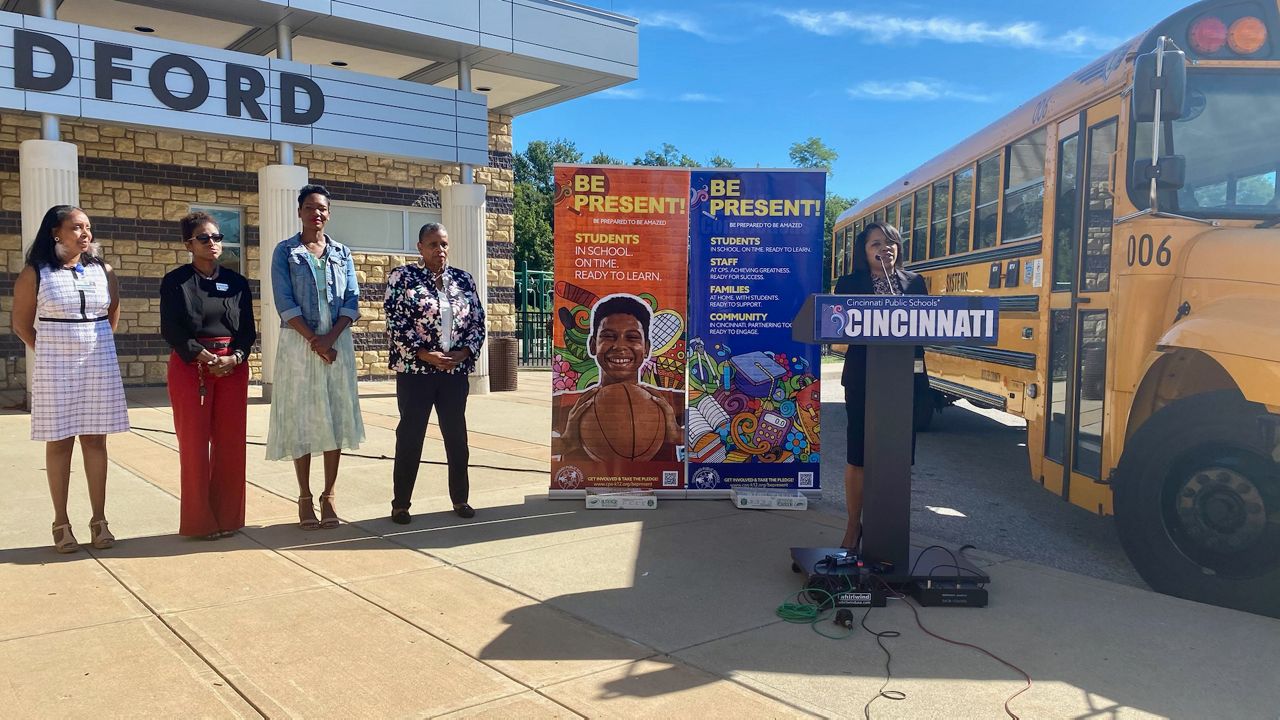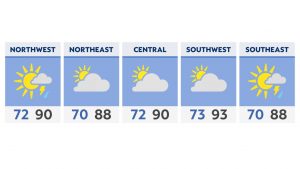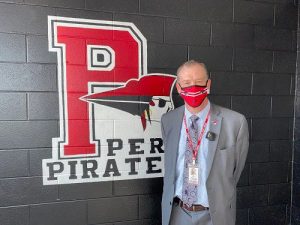Five years ago, hundreds of white supremacists descended on Charlottesville, Virginia, for a two-day rally that turned violent, left a counterprotester dead and renewed the debate about racism in America.
What You Need To Know
- Five years ago, hundreds of white supremacists descended on Charlottesville, Virginia, for a two-day rally that turned violent, left a counterprotester dead and renewed the debate about racism in America
- Charlottesville is marking the anniversary of the deadly “Unite the Right” rally, which took place on Aug. 11-12, 2017, with moments of silence, panel discussions, exhibits and vigils
- Unite the Right supporter James Alex Fields Jr. intentionally drove his car into a crowd of counterprotesters, killing 32-year-old Heather Heyer and severely injuring several others
- U.S. Sen Tim Kaine, University of Virginia President Jim Ryan and Charlottesville Mayor Lloyd Snook were among those who have posted about the anniversary on social media
Charlottesville is marking the anniversary of the deadly “Unite the Right” rally, which took place on Aug. 11-12, 2017, with moments of silence, panel discussions, exhibits and vigils.
“Aug. 11 and 12 were formative in ways that quite frankly I’m still grappling with,” Dahlia Lithwick, a Charlottesville resident and Slate editor, said during a panel discussion Thursday at the University of Virginia. She added the events felt “as though an earthquake happened that we have not reckoned with fully.”
Right-wing extremists — including neo-Nazis and members of the Ku Klux Klan — gathered in Charlottesville for the rally to protest the proposed removal of a statue of Confederate Gen. Robert E. Lee. Racist, antisemtic, anti-Muslim imagery and chants were prevalent.
Marchers violently clashed with counterprotesters. On Aug. 12, Unite the Right supporter James Alex Fields Jr. intentionally drove his car into a crowd of counterprotesters, killing 32-year-old Heather Heyer and severely injuring several others.
“She was very deeply passionate about what she felt and she would explain things in a way that you understood them, and she would share some sense of that passion while also knowing her facts, her statistics and could cite sources,” Heyer’s mother, Suan Bro, told ABC News on Friday. “She wasn’t just running on opinion.”
Fields pleaded guilty to 29 hate-crime charges and sentenced to life in prison in 2019. And last year, a jury awarded $25 million to nine plaintiffs who sued the rally’s organizers over physical or emotional injuries they suffered.
Two Virginia state troopers — Berke Bates and Jay Cullen — died in a helicopter crash while providing video surveillance of the demonstration.
The rally also remains engrained in the American consciousness because of then-President Donald Trump’s stunning reaction to it. Trump seemed to imply there was a moral equivalence between the white supremacists and counterprotesters when he initially condemned the “display of hatred, bigotry and violence on many sides” and later doubled down by saying there were “very fine people on both sides.”
After two days of public pressure, Trump finally denounced “those who cause violence … including the KKK, neo-Nazis, white supremacists and other hate groups,” calling them “repugnant to everything we hold dear as Americans.”
U.S. Sen. Tim Kaine, D-Va., sent a tweet Friday honoring the three people who died during the rally.
“Remembering Heather Heyer and Virginia State Troopers Berke Bates and Jay Cullen 5 years after their tragic deaths following the horrific attack in Charlottesville,” he said. “We have to keep working to stamp out hate and violence and build a safer, more welcoming, more inclusive Virginia.”
Jim Ryan, president of the University of Virginia, said in a tweet Thursday: “We cannot, and should not, forget those dark days five years ago. My hope is that the memory of those events, including the heroic and compassionate responses of community members, continues to inspire us to work to make the world a better and more welcoming place.”
In a Facebook post, Charlottesville Mayor Lloyd Snook recounted Aug. 11, 2017, feeling like “the day before a hurricane was expected to hit.”
He said he served as an usher at a nearby church service that evening as the rally festered. Security guards told the church not to allow anyone to leave in the direction of the demonstration.
“We couldn’t see anything, but the feeling of danger was palpable,” Snook wrote. “Mothers were trying to be reassuring, but it wasn’t working; children were crying in fear. I particularly remember one 12-year-old girl who was terrified, being hugged by her mother as she cried, waiting for the signal that it was safe to leave.”
According to the Southern Poverty Law Center, many of the major figures involved in the rally still promote white supremacist views today, although some have seen their influence diminish.
Richard Spencer, a headline speaker at the event and one of the faces of the alt-right movement, told the civil rights group, “I absolutely regret that I will always be connected with an event that led to the death of an innocent person, among other things.” But he still runs an online publication the SPLC lists as white national.




